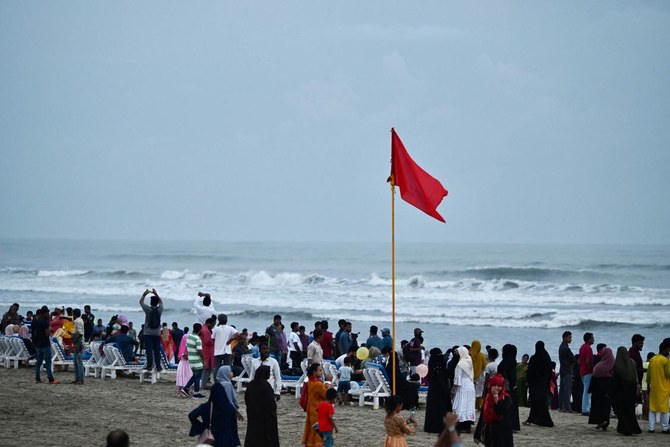Indian States Divided on Legalizing Same-Sex Marriage: Three Oppose, Four Seek More Time

Rajasthan, Andhra Pradesh, and Assam, all ruled by different parties, have cited various reasons for their opposition. Rajasthan has cited “public opinion” against such recognition, while Andhra Pradesh claimed that after consulting with religious leaders in the state, there was unanimous opposition to granting legal recognition to same-sex marriages. Assam, on the other hand, has argued that marriage is still seen as a union between heterosexuals, and legislation is the prerogative of the legislature.
During the ninth day of the hearing for the same-sex marriage case, a constitution bench headed by Chief Justice of India D Y Chandrachud heard arguments on Wednesday. The Union government’s representative, solicitor general Tushar Mehta, updated the court on the replies received from seven states, including Maharashtra, Uttar Pradesh, Manipur, and Sikkim.

The bench included Justices Kaul, Bhat, Kohli, and Narasimha. Solicitor General Mehta requested the bench to abstain from making any declaration either of acceptance of any right for same-sex couples or acceptance of the very relationship. He pointed out the potential repercussions of the ruling, such as priests who refuse to solemnize same-sex marriages, who could be dragged to court for contempt.
The bench addressed him and stated that the key factor would be the layout of the declaration. It added that typically, a writ of mandamus (directive to perform legal duties), is issued, therefore, there can very well be a declaration on the “status of affairs” as they are. Mehta argued that the consequences of a declaration cannot be predicted or regulated by the court, and as a result, the bench should not exercise its discretion to declare any rights.
However, the bench believes that there can very well be a declaration on the status quo. It is anticipated that the bench will wrap up the hearing on the issue on Thursday and reserve its judgment on the matter.
While the issue of same-sex marriage continues to be a hotly contested topic in India, it is hoped that the apex court’s verdict will provide much-needed clarity on the legal recognition of same-sex marriages in the country. The verdict is expected to have far-reaching consequences, and it remains to be seen how the court’s decision will shape the future of the LGBTQ+ community in India.



